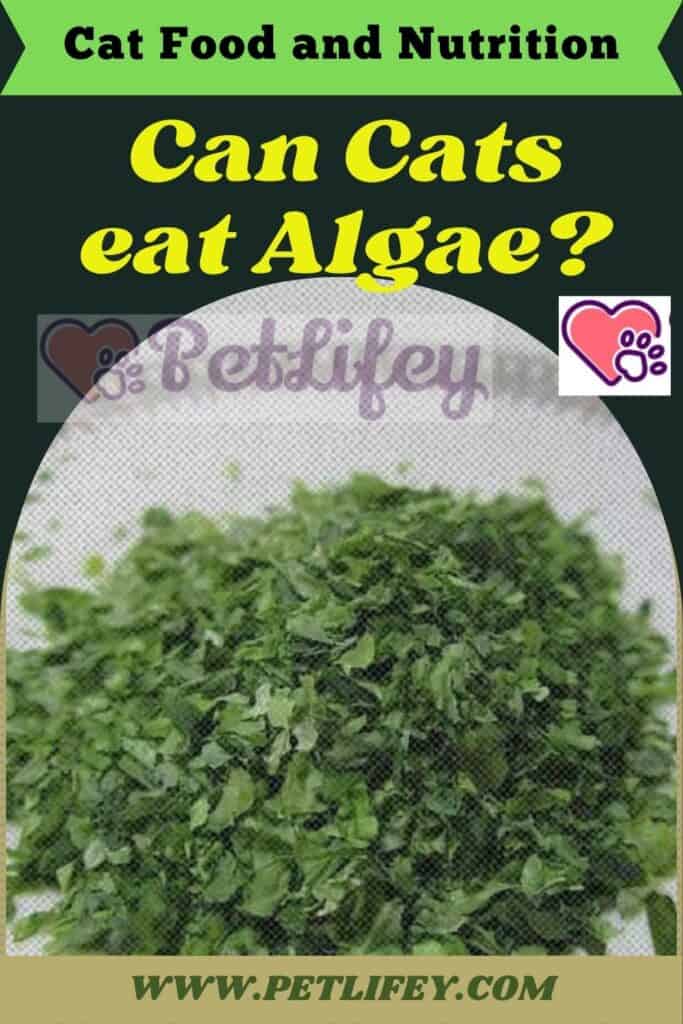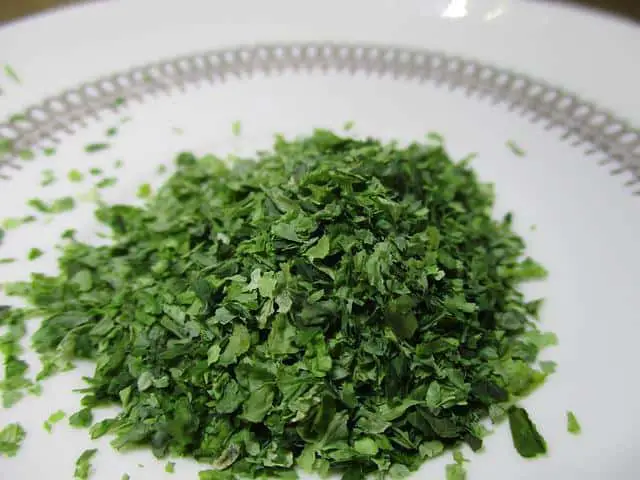
Do you wish to give your furry friend some human food? Let’s see if the cat can eat algae or if the latter can be harmful to him.
We are usually used to feeding our four-legged friends with purely animal food. However, very often we find ourselves in the situation where our hairballs, driven by curiosity, want to taste human food.
For this reason it is advisable to know which foods the feline can and cannot eat. In the following article we will see if the cat can eat algae or if the latter can be harmful to its health.
Can the cat eat algae?

In addition to fish and crustaceans, the sea offers us many wonders that we can put on the table, such as seaweed for example.
The latter can be cooked in various ways, and are excellent supplements of vitamins, mainly vitamin B12, and minerals such as potassium, iodine, magnesium, calcium and phosphorus. Furthermore, this food is excellent for lowering cholesterol and blood sugar levels.
But besides us humans, can our curious little hairballs also take advantage of the benefits of this food? Can cats eat algae?
Of course yes! Our four-legged friends can eat algae. In fact, the latter are not toxic for the cat, and contain minerals and vitamins that are very useful for our furry friend.
This food can be useful to the feline that has stomach problems or digestive problems, but some experts think that this food can also be useful for the care of the cat’s coat and skin.
Finally, thanks to their nutritional values, algae can be useful for the following problems in cats:
- Arthritis in cats
- Heart problems
- Respiratory problems
- Skin problems
- Hypothyroidism in cats
However, before sharing algae with your furry friend, it is always advisable to ask your veterinarian for advice, who will also know what type of algae you can possibly offer to your cat. In fact, there are many types of seaweed, including kombu, sea lettuce, sea noodles, cochayuyo and many others.
How to give algae to cats?
First of all, it is important to be aware of the fact that felines are obligate carnivores, so their main diet is based on animal proteins.
For this reason we must not replace the daily meal of the Cat with algae, but offer them to our furry friend only as a reward or in addition to his daily food. It is very important to pay attention to the quantities, for this it is necessary to consult a specialist.
You can give algae to your furry friend by cooking and chopping them, then adding them to your feline’s food or using this food as an ingredient to make a tasty dish for your four-legged friend.






